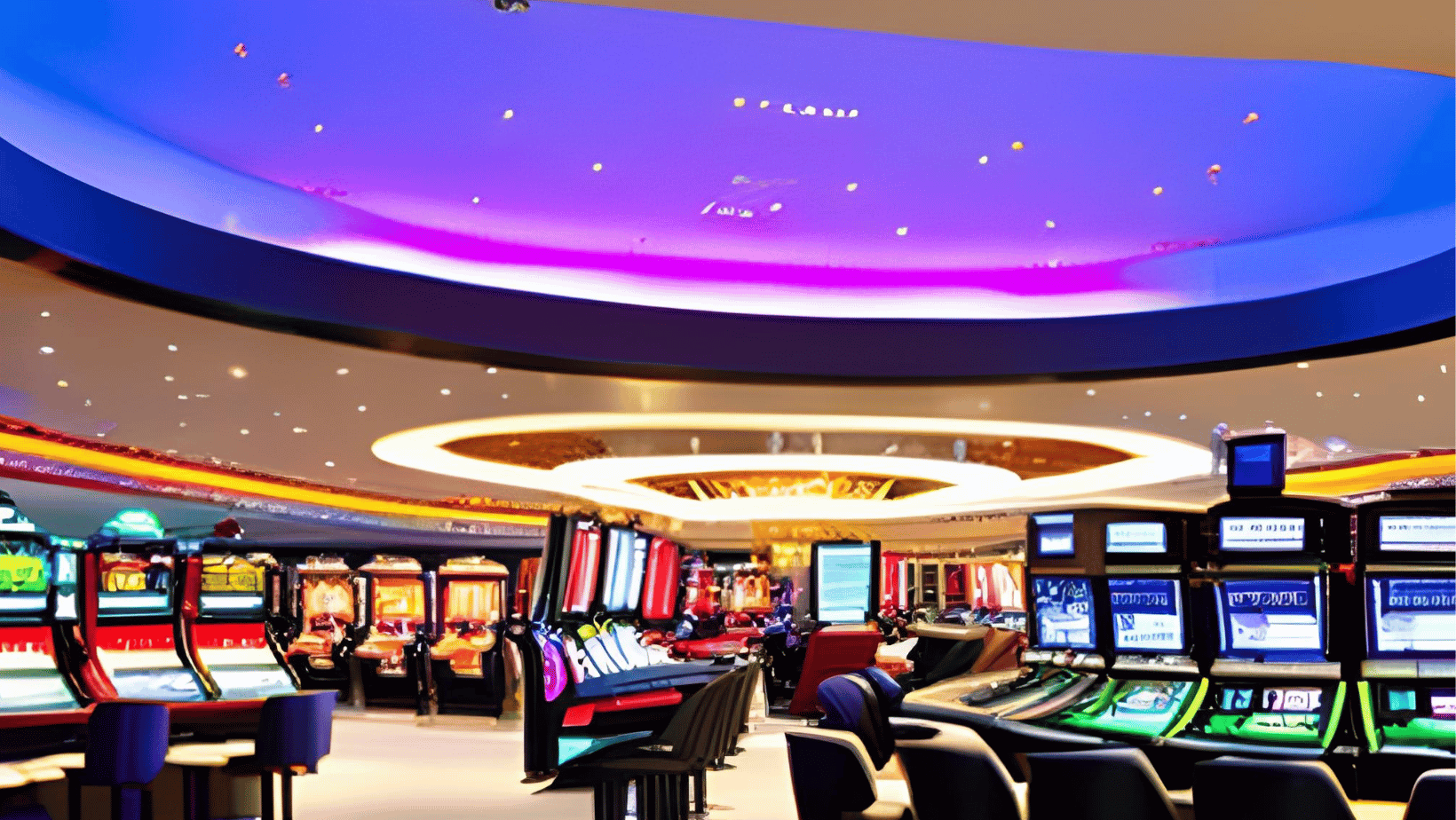Casino games have captivated players throughout history, evolving from easy diversions to sophisticated forms of entertainment that integrate fortune, tactics, and amusement. From the early beginnings of gambling in cultures like ancient Mesopotamia and Rome to the dazzling corridors of current casinos, the history of these games uncovers much about the human experience and our interaction with chance. As cultures blended and technological advancements have occurred, casino games have transformed, mirroring shifts in society and advancements in gameplay.
The primitive versions of gambling likely featured basic dice games and betting on the outcomes of athletic contests. As time passed, these primitive activities grew into more complex games like playing card games, the game of roulette, and the multitude slot machines that line the premises of casinos today. Each period brought its unique rules, design elements, and sociocultural significance. Today, casino games maintain their evolution with the rise of digital gaming platforms, enabling players from various parts of the world to participate in a shared experience, further blending the traditional with the age of technology.
Initial Beginnings of Casino Activities
Gaming activities have foundations that stretch back to ancient civilizations, where gambling was profoundly entrenched in cultural practices and social customs. The initial known instances of betting appeared in Mesopotamia around 3000 BC, including basic die activities made from knuckle material. These primitive games laid the groundwork for more advanced gambling activities, demonstrating human beings’ natural desire to pursue wealth and amusement through luck.
As civilizations developed, so did their betting interests. In historic China, around 2300 BC, tiles were discovered that looked like early rudimentary versions of a lottery game activity. More organized forms of gambling emerged in the Roman Empire, where games of chance were a common pastime, often taking place in community gatherings. The ancient Romans developed various wagering games, which entailed dice and table games, highlighting the pervasive nature of betting across different social strata.
With the flow of ages, these primitive activities contributed to the evolution of contemporary casino games. In the medieval period, playing card activities became prevalent in Europe, paving the way for the organized gambling venues we know today. The change from casual betting to formal gaming in pubs and private houses marked a significant transformation in how people engaged with games of luck, leading to the subsequent establishment of casinos as specialized places for betting.
The Growth of Contemporary Gambling Industry
The late 1960s and 1970s marked a crucial shift in the world of casino games, driven by technological progress and shifts in cultural attitudes towards gambling. The introduction of computers and the World Wide Web transformed the way players engaged with their preferred casino games. nhà cái vip52 Virtual casinos emerged, allowing gamers to enjoy classic table games like poker and blackjack from the safety of their homes. This emerging digital landscape not only expanded access to casino games but also attracted a younger audience who found the convenience and diversity tempting.
As online gaming gained popularity, so did developments in gaming technology. The creation of high-quality programs and graphics transformed traditional gambling games into immersive adventures. Players could now interact with authentic live dealers through live streaming, importing the atmosphere of brick-and-mortar casinos directly into their living rooms. This fusion of in-person play with digital interfaces created a novel combination that boosted the social aspect of playing, allowing it possible for people to engage and challenge with fellow gamers around the globe.
Additionally, the growth of mobile gaming substantially changed the gambling environment. With the widespread use of smartphones and tablets, players can play their favorite casino games anywhere, at any time. Mobile applications offer a wide selection of options tailored for mobile screens, serving the busy lifestyle of modern users. This availability has produced increased participation in casino games, driving the rapid expansion of the gaming industry. As a result, the outlook of the gaming industry continues to progress, adapting to technological advancements and shifting consumer preferences.
The Impact of Technology on Casino Games
Technology’s advancement has significantly transformed casino games, enhancing the overall experience for players for players around the world. With the introduction of the internet, online casinos emerged, allowing players to enjoy their favorite games from the comfort of their homes. This change not only made casino games more available but also expanded the variety of games available, as online platforms could offer many different versions of traditional games without the limitations of physical casinos.
Mobile technology further transformed the casino gaming landscape. With the proliferation, players now have the ability to play casino games whenever and wherever they want. This flexibility has led to the development of dedicated mobile applications and optimized websites that provide seamless gaming experiences. Additionally, innovations such as live dealer games have delivered the authentic atmosphere of a casino into players’ living rooms, bridging the gap between physical and online gaming.

Moreover, advancements in artificial intelligence and virtual reality are paving the way for the next generation of casino games. AI enhances game design and player interaction, creating tailored experiences based on user behavior and preferences. Meanwhile, virtual reality offers immersive environments where players can interact in a virtual casino environment, making the gaming experience more exciting and realistic. As technology continues to evolve, the future of casino games seems bright, filled with limitless opportunities for innovation and entertainment.